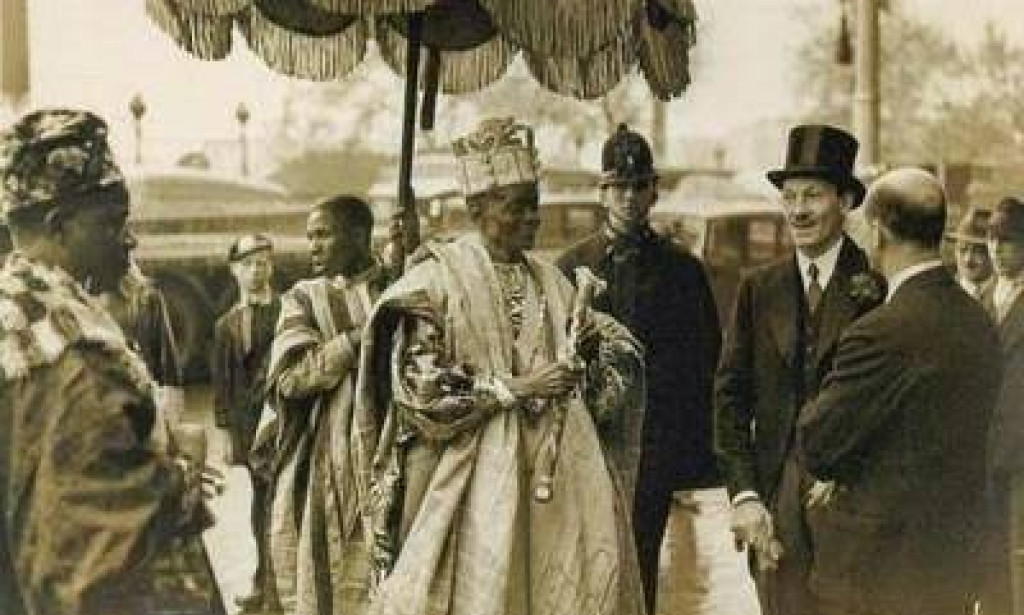Nigeria's Complex History
History of nigeria country and it's state
Nigeria is a country located in West Africa. Its history is rich and complex, shaped by various empires, kingdoms, colonial rule, and the struggle for independence. Here is an overview of Nigeria's history:
1: Ancient Civilizations:
The region that is now Nigeria has been inhabited for thousands of years. Archaeological evidence suggests the existence of ancient civilizations, such as the Nok culture (500 BCE - 200 CE), known for its distinctive terracotta sculptures.
2: Medieval Kingdoms and Empires:
From the 9th to the 19th centuries, several powerful kingdoms and empires emerged in the region. Notable among them were the Kanem-Bornu Empire, Hausa city-states, Benin Empire, Oyo Empire, and the Sokoto Caliphate. These kingdoms and empires had thriving trade networks and cultural achievements.
3: Colonial Rule:
The 19th century saw the arrival of European powers seeking to establish colonies in Africa, including the British. The British gradually gained control over different parts of Nigeria through treaties, military expeditions, and indirect rule. The Lagos Colony, initially established as a trading post, became a British protectorate in 1861. Other territories followed suit, and by the early 20th century, Nigeria was largely under British colonial rule.
4: Independence and Post-Colonial Era:
Nigeria's journey to independence began in the mid-20th century. Various nationalist movements and political parties emerged, demanding self-governance. In 1960, Nigeria gained independence from British rule, becoming a sovereign nation with a parliamentary system of government. Alhaji Abubakar Tafawa Balewa became the first Prime Minister.
However, the post-independence period was marked by political instability, ethnic tensions, and economic challenges. Nigeria experienced a series of military coups and countercoups, leading to military rule for much of its early history. In 1967, the southeastern region declared itself the independent Republic of Biafra, leading to a devastating civil war that lasted until 1970.
5: Return to Democracy and Federal Structure:
In 1999, Nigeria transitioned back to civilian rule, marking the beginning of the Fourth Nigerian Republic. Olusegun Obasanjo was elected as the President, and subsequent elections have taken place every four years since then. Nigeria operates as a federal republic, with a president as the head of state and a multi-party system.
Nigeria is composed of 36 states and one Federal Capital Territory, which houses the capital city, Abuja. Each state has its own government and governor. The country is highly diverse, with over 250 ethnic groups, each with its own language and culture.
6: Challenges and Achievements:
Nigeria has faced various challenges throughout its history, including corruption, poverty, ethnic and religious tensions, security issues, and economic inequality. However, the country has also made significant strides in different areas. Nigeria is Africa's most populous nation and has one of the largest economies on the continent, largely driven by its oil reserves. It has produced notable figures in literature, music, film, sports, and other fields, contributing to its vibrant cultural landscape.
This is a brief overview of Nigeria's history and its state structure. The country's history is much more detailed and nuanced, with numerous events, figures, and cultural developments that have shaped its identity.



You must be logged in to post a comment.